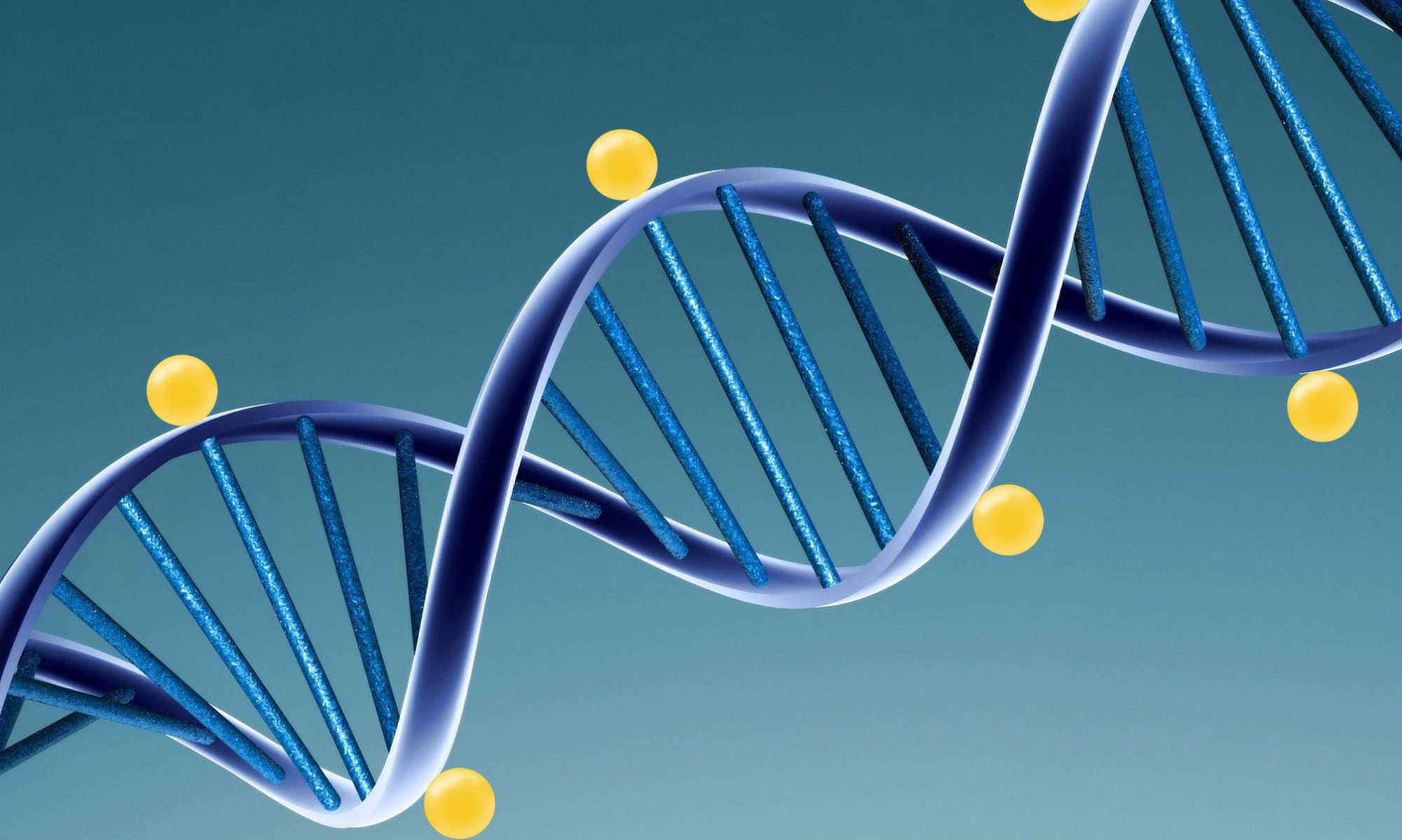This paper examined methylation patterns of the offspring of Holocaust survivors. The researchers examined the influences of maternal and paternal PTSD on the methylation of the exon 1F promoter of the glucocorticoid receptor (GR-1F) gene (NR3C1) in peripheral cells. This paper was especially important in our interpretation of other papers as it shows that maternal and paternal PTSD are associated with different methylation patterns and different psychological characteristics of their offspring. While maternal PTSD was associated with lower GR- 1F promoter methylation and higher risk of PTSD in offspring, paternal PTSD was associated with higher levels of GR-1F promoter methylation and elevated risk for depression (3).

As can be seen in the figure above, the study found that paternal PTSD resulted in hypermethylation in the GR- 1F promoter of their offspring compared to the control. Since this study concludes that the offspring of parents who both had PTSD resulted in methylation patterns very similar to the control, our project focused specifically on paternal PTSD.

Both the papers are really well found and I like that you were able to use these papers as central pieces for the entire project. That makes it fit together really well. you could maybe add some of the data from the paper to this page as well to show the results more.
Once again, I would recommend adding numerical results and figures. You mentioned/implied earlier in the website (perhaps in the Background section) that paternal PTSD-induced epigenetic alterations was of particular interest, it might be good to reference this webpage there via hyperlink or through text. Now would also be a good opportunity to identify what makes paternal trauma so interesting, biochemically, and how the long-term results of paternal trauma differ from maternal trauma from a chemical pathway and big-picture (generational) point of view.
Earlier you had mentioned that the focus of this site was only on paternal heritability of epigenetics caused by PTSD, which was the reason for not including certain maternal inheritance mice studies, but this paper seems to include both. What is it about the rest of your site that you think limits the research you can discuss to just paternal?